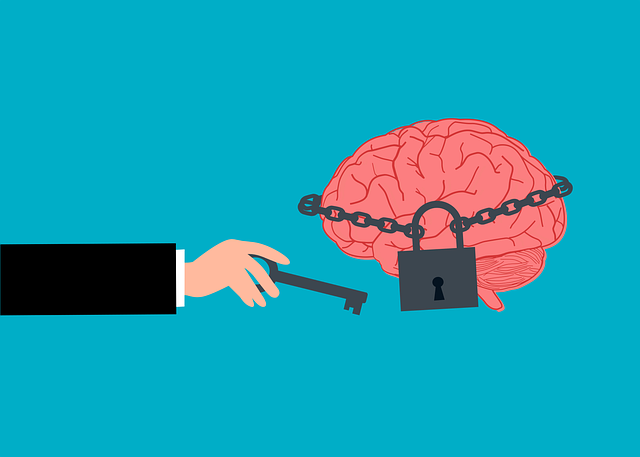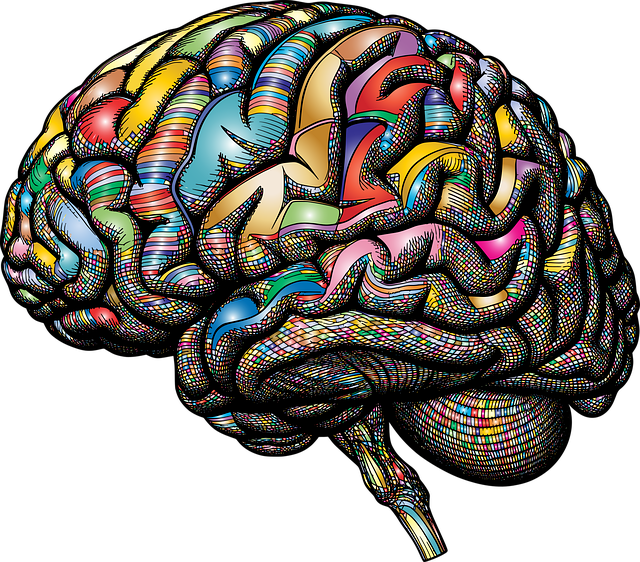Mental health crisis hotlines provide 24/7 support, connecting individuals experiencing acute distress or psychosis to trained professionals. These hotlines offer immediate assistance, crisis intervention, and guidance towards evidence-based practices, including therapy for adults with psychosis. CBT, a key therapeutic approach, equips individuals with coping strategies. Community outreach programs enhance self-awareness and prevent relapse through holistic care addressing both symptoms and underlying causes. Post-crisis support, including tailored therapy and group sessions, builds resilience and prevents future mental health crises.
“In today’s fast-paced world, mental health crises can strike anyone, anywhere. Understanding Mental Health Crisis Hotlines: A Lifeline for Many explores these 24/7 support services as a crucial resource for individuals facing severe emotional distress. From the role of therapy in adult psychosis support to effective accessing and post-crisis resilience building, this article delves into essential aspects of crisis hotline utilization. Discover how these services not only provide immediate aid but also foster long-term mental well-being, particularly focusing on therapeutic interventions tailored for adults experiencing psychosis.”
- Understanding Mental Health Crisis Hotlines: A Lifeline for Many
- The Role of Therapy in Adult Psychosis Support
- Accessing and Utilizing Crisis Hotline Services Effectively
- Building Resilience: Post-Crisis Support and Preventative Measures
Understanding Mental Health Crisis Hotlines: A Lifeline for Many

Mental health crisis hotlines are vital lifelines for individuals experiencing acute distress or a sudden decline in mental well-being. These 24/7 services provide immediate support, offering a safe space to express fears, anxieties, or intense emotions, especially during times of psychosis or severe depression. The trained professionals who answer these calls can offer a range of assistance, from providing emotional support and crisis intervention to connecting individuals with appropriate local resources like hospitals, therapy centers for adults with psychosis, or mental health education programs designed to address specific concerns.
Crisis hotlines play a crucial role in depression prevention by offering early intervention and guiding users towards stress management workshops and other evidence-based practices. They serve as a critical bridge between an individual’s immediate need for help and their long-term mental health journey, ensuring that people receive the necessary support to navigate challenging situations effectively.
The Role of Therapy in Adult Psychosis Support

In the context of adult psychosis support, therapy plays a pivotal role in managing symptoms and improving quality of life. Cognitive Behavioral Therapy (CBT), for instance, has proven effective in helping individuals challenge negative thought patterns and behaviors that contribute to psychotic episodes. By teaching coping mechanisms and problem-solving skills, CBT equips adults with the tools to navigate their mental health journey. Additionally, therapy facilitates a safe space for expression and exploration, fostering self-awareness and empathy building strategies that are crucial for managing stigma and promoting understanding.
Community outreach program implementation often incorporates therapeutic elements to create supportive networks. Mental wellness journaling exercises guided by professionals can be integrated into these programs, offering individuals a means to track their progress, express emotions, and gain insights into their experiences. This practice not only enhances self-care but also encourages regular reflection, which is essential for maintaining mental health and preventing relapse. Through tailored therapy and supportive community initiatives, adults experiencing psychosis can access holistic care that addresses both the symptoms and underlying causes of their condition.
Accessing and Utilizing Crisis Hotline Services Effectively

Accessing crisis hotline support is a vital step for individuals experiencing mental health crises, especially those grappling with psychosis. These services offer immediate assistance and can be reached through various channels like phone calls, online chats, or text messages, ensuring accessibility to a wide range of users. When reaching out, it’s crucial to provide clear and detailed information about one’s situation; this aids the hotline operators in connecting individuals with the most suitable resources, whether it’s therapy for adults with psychosis, mood management strategies, or other forms of intervention.
Effective utilization involves being prepared with relevant details about previous treatments, medications, and any self-care practices currently employed. Hotline staff can then offer guidance tailored to the individual’s needs, potentially directing them towards community outreach program implementations or suggesting additional self-care practices to complement their current routine. This collaborative approach ensures a more holistic support system for those in crisis.
Building Resilience: Post-Crisis Support and Preventative Measures

Post-crisis support plays a pivotal role in building resilience and preventing future mental health crises. For individuals who have experienced psychosis or severe mental distress, transitioning back to daily life requires tailored care. This often involves continued therapy for adults with psychosis, focusing on both symptom management and enhancing coping strategies. Professional help can guide them through the process of rebuilding their sense of self-esteem and confidence, which is crucial for navigating challenges that may trigger future crises.
In addition to individual therapy, group support sessions and community outreach programs offer valuable resources. These initiatives foster a sense of belonging and provide opportunities for individuals to share experiences and learn effective communication strategies and conflict resolution techniques. By equipping them with these skills, they can better manage stress, resolve potential conflicts, and maintain healthy relationships—all of which contribute to long-term mental well-being and resilience against future crises.
Mental health crisis hotline support services play a pivotal role in assisting individuals experiencing severe emotional distress. By providing immediate access to trained professionals, these hotlines offer vital assistance during critical moments. The article has explored various aspects, from understanding the significance of such lines to the role of therapy in adult psychosis support and effective utilization strategies. Additionally, post-crisis support and preventative measures are crucial for building resilience. Remember that, in times of crisis, accessing these services can be a game-changer, offering not just immediate relief but also long-term benefits for mental well-being.












